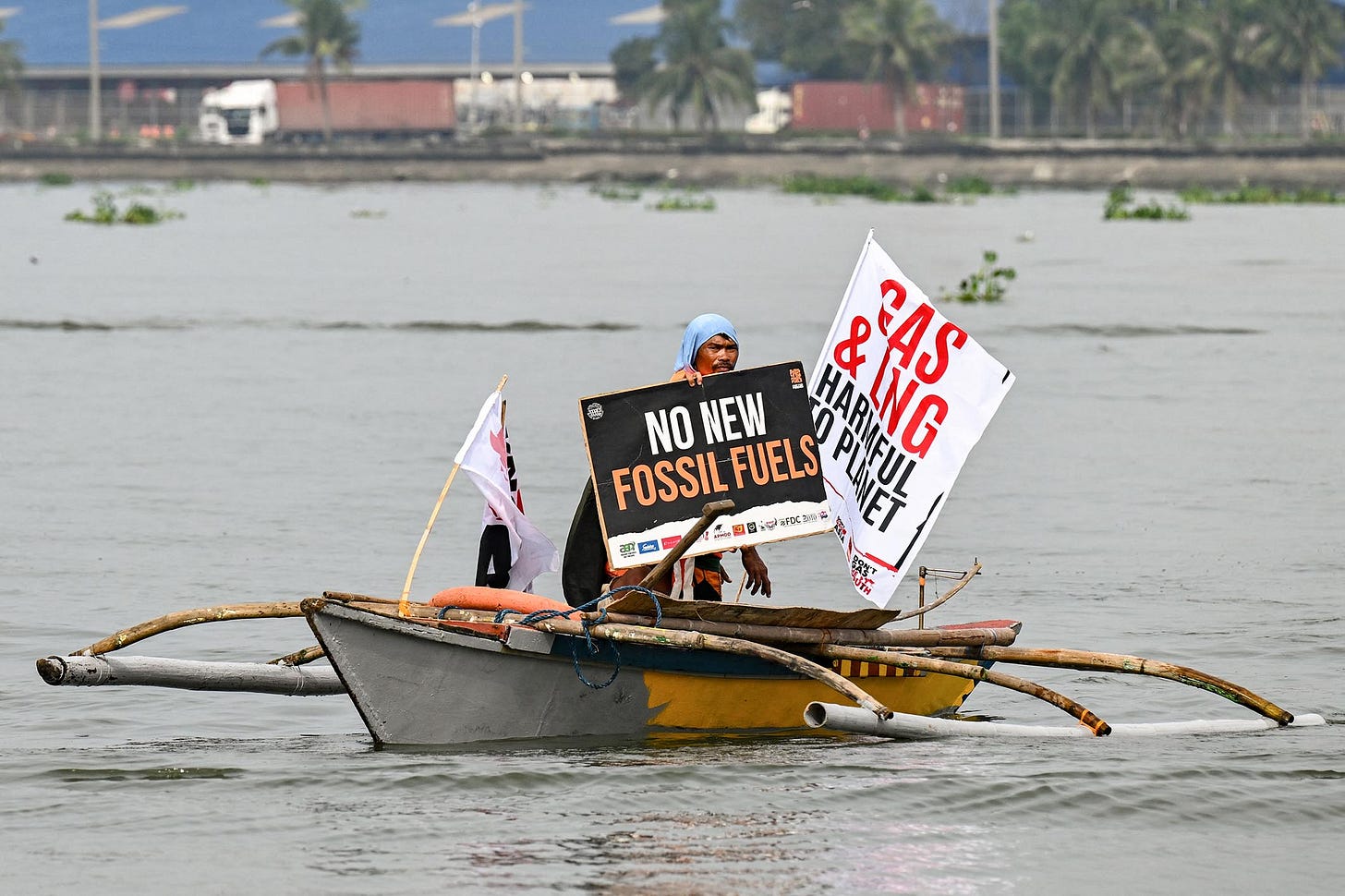African negotiator mysteriously dropped from key climate negotiations
The replacement, a Brussels-based consultant representing Honduras, has been rather friendly to EU climate responses that are unpopular with developing countries.
Rishika Pardikar

African negotiators at this year’s UN conference on climate change in Baku, Azerbaijan were blindsided on Monday when a facilitator representing Botswana was replaced by one representing Honduras, without explanation.
The dropped facilitator was supposed to lead the conference’s track on response measures: negotiating for consensus on the impact of actions taken to combat climate change.
Because climate negotiations (COPs) are done by consensus, where measures only pass if nobody objects to them, it is a tricky and difficult job where who is in the room matters.
“I was not engaged on reasons as to why my co-chair and I wouldn’t continue,” said Xolisa Ngwadla, the co-facilitator representing Botswana, told The Continent. “The optics of the change by the presidency can raise questions, particularly replacing one set of facilitators and continuing with the others.”
Ngwadla’s co-facilitator for the same response measures track, who is from Iceland, was also replaced with one from Sweden, but no other tracks had their facilitators switched up.
The COP29 presidency has the prerogative to select facilitators. But delegates were surprised that the replacement was done without consultation with either the co-facilitators or country parties.
The African Group wrote to the Azerbaijani COP29 presidency, seeking an explanation and reassurance that the change in co-facilitators will not delay the process or affect the inclusion of the group’s views in texts produced at the conference.
Those texts guide how the world responds to the climate crisis, and how money flows. The Continent sent queries to the COP presidency. They remained unanswered.
Andrei Marcu, the co-facilitator from Honduras, is the founder and executive director of the Brussels-based thinktank European Roundtable on Climate Change and Sustainable Transition. It works with European governments and industry on things like the EU’s Carbon Border Adjustment Mechanism. African countries in particular have raised serious concerns about this tax on imports from polluting industries.
“This is concerning,” said Fatten Aggad, executive director of the African Future Policies Hub.
The Continent sent queries to Marcu on Thursday about conflict of interest and the manner in which co-facilitators were changed without a discussion. He did not respond.
Conflict of interest
The United Nations climate convention, in Article 4.8, recognises that countries will be affected not only by climate change but also by measures taken to tackle it.
One example is how countries whose economies depend on revenue from fossil fuels (like Nigeria and Angola) will be affected by a global switch to clean energy.
Another example is trade measures like the EU’s Carbon Border Adjustment Mechanism. This puts extra tariffs on products like iron and steel, cement and fertilisers that come from countries where a lot of carbon pollution is generated creating them. That extra cost makes them more expensive and less competitive.
Some developing countries have been especially concerned about unilateral trade measures like the border adjustment mechanism. They argue that they are the least responsible for the carbon emissions now trapping heat in the atmosphere, driving dangerous heating, with this year on track to be 1.5°C hotter than average – a mark African countries have pushed to be the agreed limit of heating.
At this COP, Brazil, South Africa, China and India proposed adding wording to climate agreements that raised “concerns” with these kinds of tariffs and trade restrictions. The African Group supported this proposal. But developed countries, and the EU in particular, did not agree. Because COP processes proceed on consensus, the proposal was dropped.
Ngwadla, representing Botswana, would have been a key voice in trying to balance these competing concerns.



